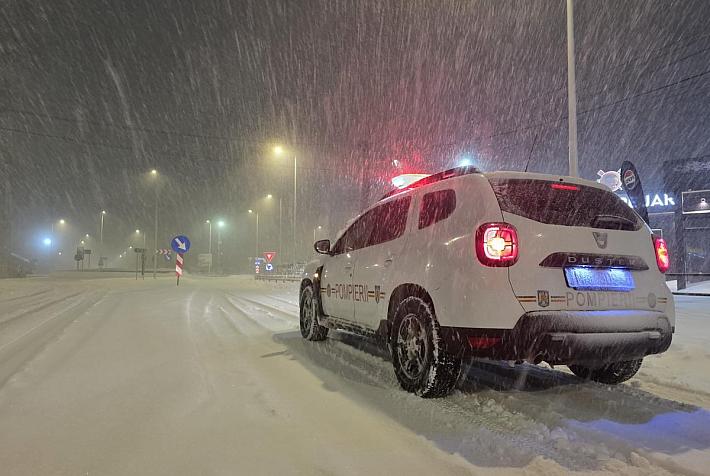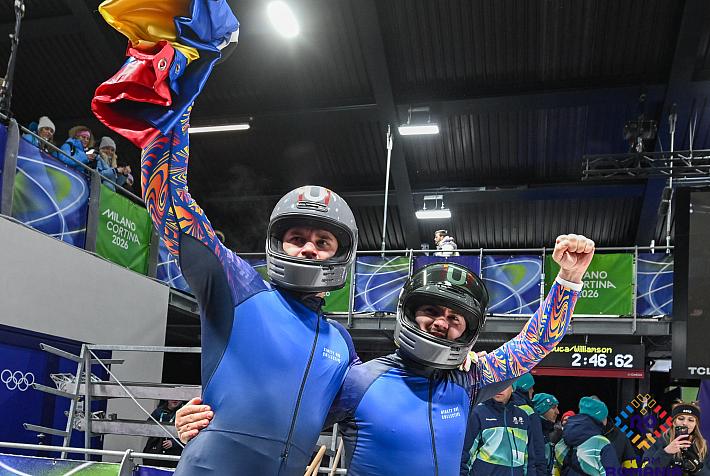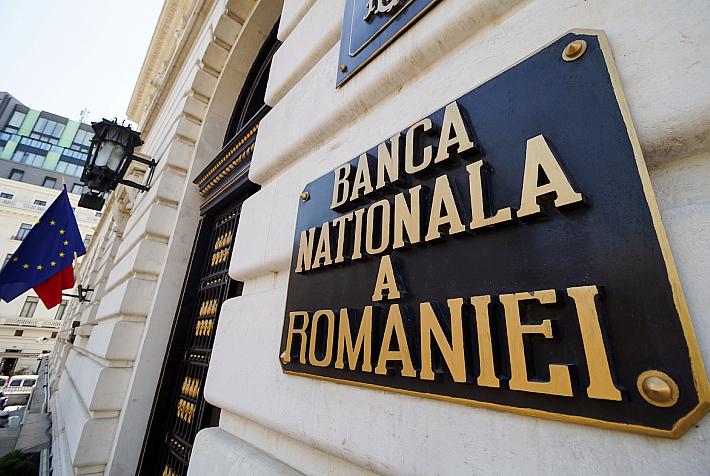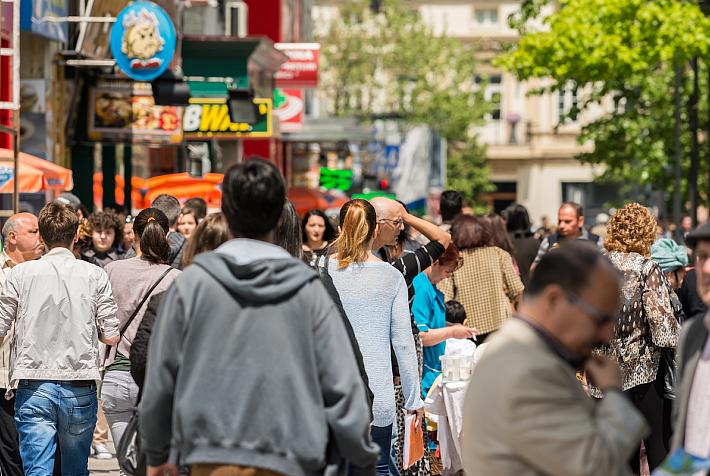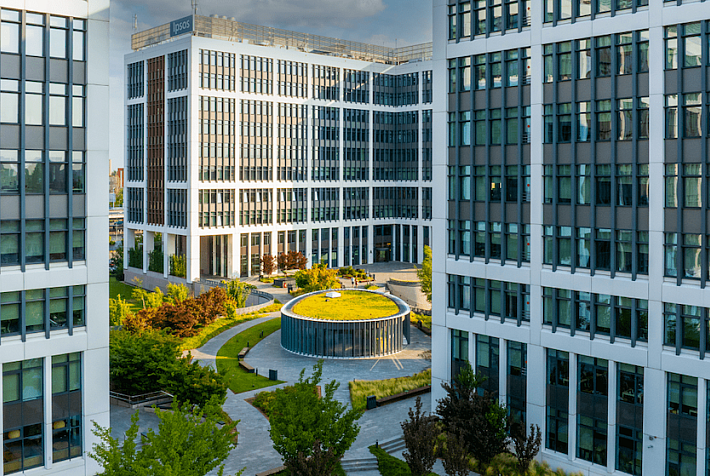BCR: Romania should attract more foreign investments in tourism and have tourists spend more

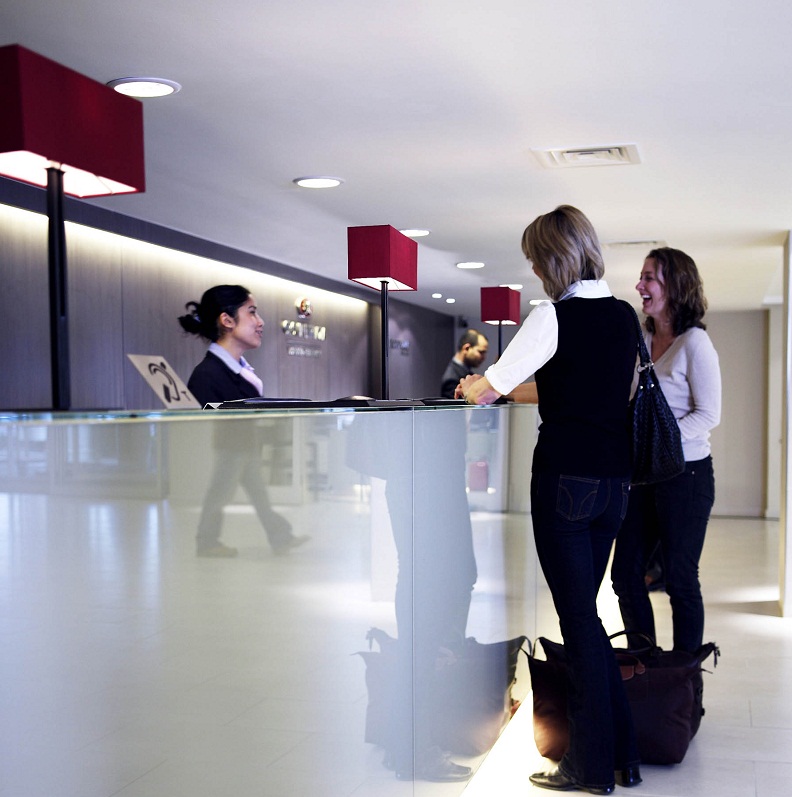 Insufficient foreign direct investments in tourism stripped Romania of potential wealth, found a recent report on tourism issued by lender BCR. More investments, higher income in the balance of tourism, and organic investments combined with foreign capital in tourism could generate additional inflows in the balance of tourism estimated at up to EUR 1.5 billion in 2016, according to the report.
Insufficient foreign direct investments in tourism stripped Romania of potential wealth, found a recent report on tourism issued by lender BCR. More investments, higher income in the balance of tourism, and organic investments combined with foreign capital in tourism could generate additional inflows in the balance of tourism estimated at up to EUR 1.5 billion in 2016, according to the report.
Romania came third in terms of FDI inflows in tourism during 2005-2009 with around EUR 186 million. Bulgaria was in a much better position, raking in more than EUR 450 million during the same period, which shows a greater propensity towards this particular area of activity, writes the report. With average GDP/capita that is 1.3 times lower than Romania, Bulgaria manages to earn seven times more per capita from tourism activity than Romania.
Austria, Croatia and the Czech Republic have by far the highest check-in rates for foreign visitors. Around five times more foreign tourists put up at a hotel in Croatia than in Romania, which is closer to the numbers reported by Slovakia and Bulgaria.
90 percent of the foreigners come to spend their holiday in Romania, which is more or less the case for Hungary. At the other end of the scale, Poland holds a higher share of foreigners coming for business purposes, which could mean that that country is a preferred business destination.
Foreign visitors spend less money in Romania than in Bulgaria, while service quality combined with poor infrastructure squeeze the country’s capacity to earn more money. “Romania must put its best foot forward for acquiring new FDIs in tourism in order to develop both infrastructure and know-how,” according to BCR.
Foreigners spend below EUR 400 per trip in Romania, while the amount exceeds EUR 550 in Austria.
In turn, Romanians spend on average almost six times more per one trip abroad (around EUR 411) than within the home country (around EUR 70). Bulgarians, however, spend more money than Romanians both at home and abroad. “This is pretty odd, considering that the average wage in Bulgaria is more than 20 percent lower than in Romania,” writes the report.
Tourism employment (hotels and restaurants) holds around 1.8 percent of the total economy in Romania, which is well below the EU average of 4 percent.
On the hotel pricing side, Romania has seen the quickest increase in accommodation prices over the last five years, according top the BCR report. Transportation fees and food prices, significantly impacted by a substantial FX pass-through, stood behind the less favorable trend seen in accommodation prices in the country.
editor@romania-insider.com







